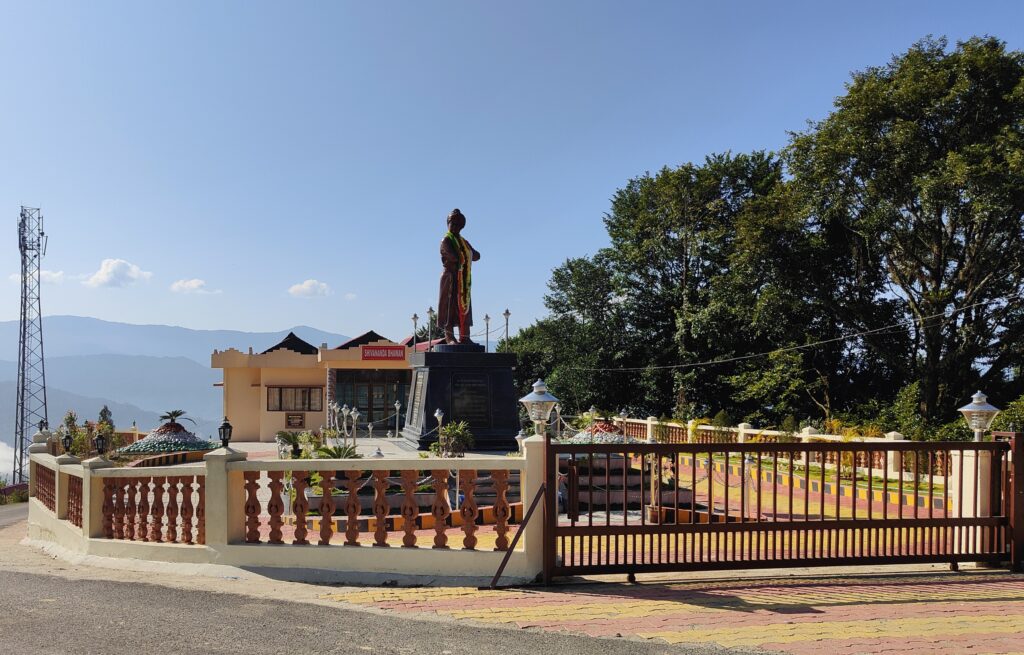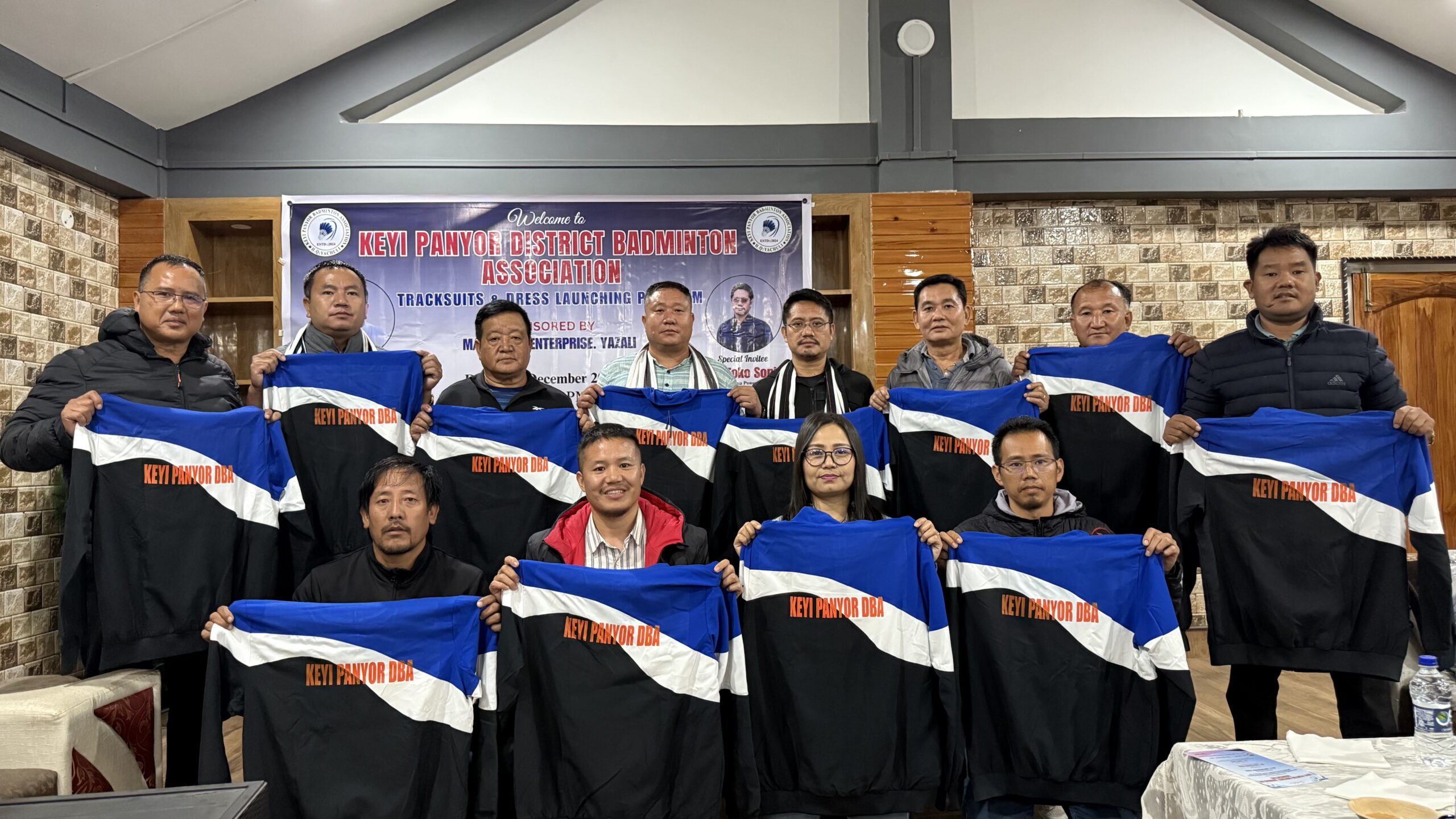Seppa: The abysmal performance of the state’s students in the state board, CBSE and AISSC exams has ensured that Arunachal Pradesh sets new benchmarks every year.
Over the last few years, the state government is not only prioritising education but also giving equal importance to quality of education, which used to be overlooked in the past.
The state has consistently figured among the worst performing states in the education sector. However, with the establishment of the Ramakrishna Mission Vidyapeeth (RKMV) in Lumdung in East Kameng district, the dismal record is likely to change for good.
There are already two Ramakrishna Mission schools in the state: one in Aalo in West Siang district, and the other in Deomali in Tirap district.
Located on a hilltop, the RKMV in Lumdung is spread over four hectares of land, and is around two-and-a-half-kilometres from the national highway which connects Yupia in Papum Pare district with Lemmi in Pakke-Kessang district and Seppa in East Kameng district.
RKMV Lumdung Principal Swami Surarihananda said that Chief Minister Pema Khandu and local legislator and Sports & Youth Affairs Minister Mama Natung persuaded the monks at the Belur Math in West Bengal to set up the school.
“The state government provided land for establishing the school, besides providing funds for infrastructure. The government also provided grants-in-aid,” said Swami Surarihananda.
He said that the school is progressing well, as the number of students has increased.
The school started with over 100 students in Class 1 in 2018, and now the total strength is 225 students, he said.
The principal further said that the school presently provides education up to Class 7, and that Class 8 will be included from the next academic year.
The school’s intake capacity is 500 students, including 120 boarders; the rest are day scholars who come from Seppa and nearby villages, he said.
“We are here to deliver quality education, and we are not concerned about the quantity,” the principal said.

At present, the school has 225 students and 18 teachers, including the principal and the vice principal.
Surarihananda said that the affairs of the school are managed by four monks and a brahmachari.
A coeducational institution, the RKMV has separate blocks for boys and girls, and is equipped with modern amenities. The school has excellent infrastructure, and has huge scope to flourish. All this has been made possible due to the constant efforts of Natung.
The minister’s keen interest to improve the education sector in his constituency can also be seen from the fact that an Industrial Training Institute is coming up in Bana, near Seppa.
Natung’s mission to develop the education sector in East Kameng can be seen in the infrastructure upgrading of the Eklavya Model Residential School, established in Bana in 2009.
Quoting anti-apartheid activist and former South African President Nelson Mandela, Natung said, “Education is the weapon through which you can change the world.”
To change society, the minister said, education is a must.
He said that “education does not mean that you’ll become an officer, or a good doctor, or an engineer. It is a medium through which a person who is a farmer can become a good farmer and a good human being; therefore, I focus on education.”
He added that plans are afoot to establish an agriculture college in East Kameng district. It will be the third agriculture college in the Northeast, after Imphal in Manipur and Pasighat in East Siang district.
A government school teacher, on condition of anonymity, said that establishing schools and colleges is good, “but what is required is performance by both the faculty members and the students.”
“Posting of subject teachers; an evaluation system for teachers and students; in-service training for teachers; use of modern technology like interactive screens, etc, should be given prominence to ensure that the students perform better,” he said.
With the state languishing at the bottom of all educational parameters, the transformative push by Natung is what is probably required to come up with results.
Also read: From orphanhood to political heights: Tadar Niglar’s inspiring journey of resilience & hope





